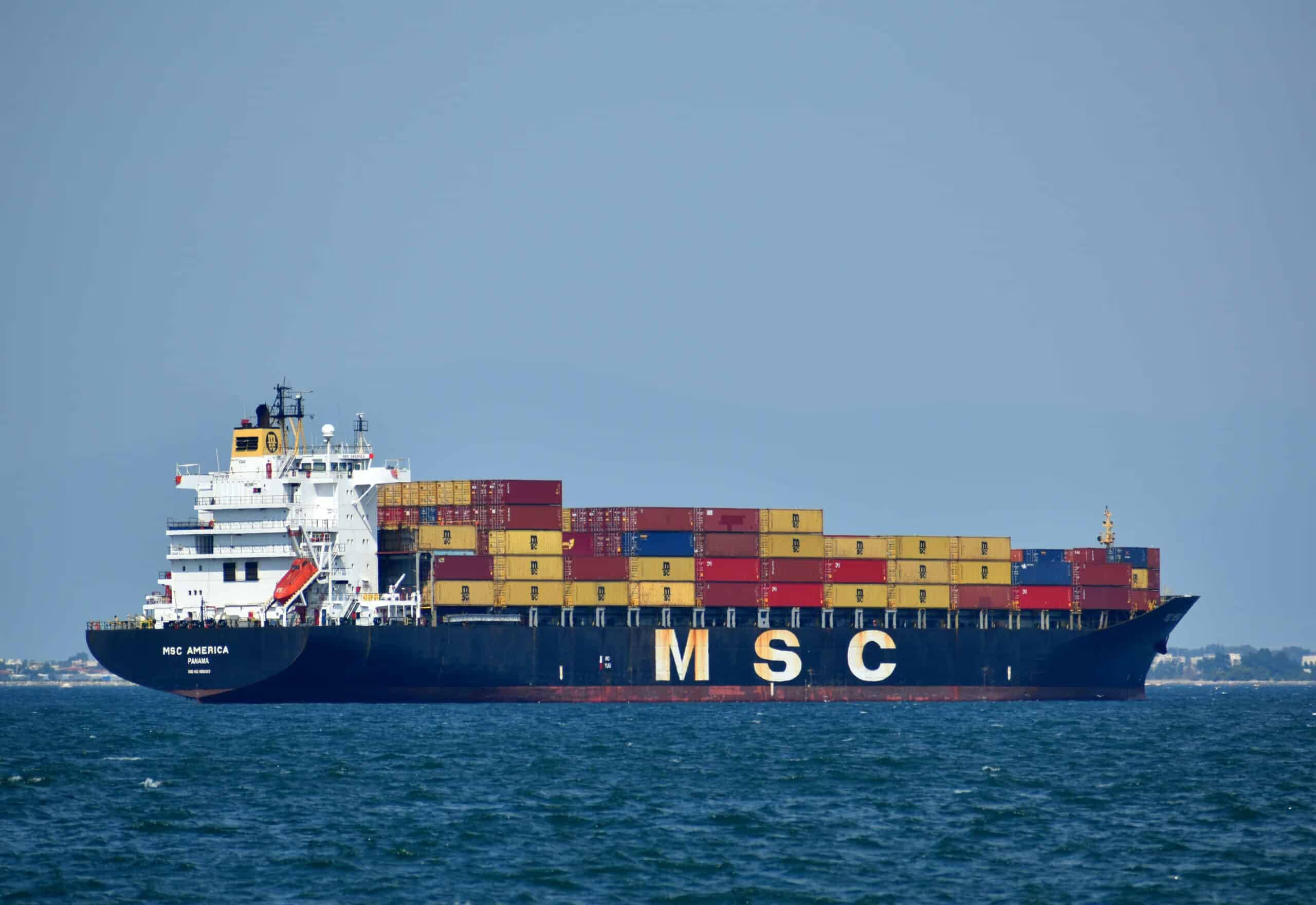
Maritime Industry: Understanding Sanctions Compliance
The shipping industry involves regular travels around the globe, entering and exiting various countries, vessels are faced with complex models of jurisdiction, as well as Anti-Money-Laundering (AML) measures.
Governments all over the world possess the ability to impose sanctions on individuals and countries to punish the violation of active laws and regulations. Crimes that violate human rights or financial crimes such as money laundering and financially supporting terrorism can result in severe punishments. Because the shipping industry involves regular travels around the globe, entering and exiting various countries, vessels are likely to face complex models of jurisdiction, as well as Anti-Money-Laundering (AML) measures and sanctions to Combat the Financing of Terrorism (CFT). This results in a heightened risk of potentially violating local regulations and paying the price for it in the form of high fines or even imprisonment.
Fighting financial crimes with AML Compliance Programs
Governments all over the world are required to organize so-called AML Compliance Programs in order to gain control over financial crimes and compliance processes. Crimes like money laundering, the financing of terrorism, drug- and human trafficking, corruption, bribery and fraud are global issues and compliance programs are specifically designed to combat these crimes and protect individuals against the risks they face when doing business on a global scale.
Top international institutions, such as OFAC, the European Union and the United Nations for example continuously publish various guides and reports on the measurements organizations and governments have to take in order to fight financial crimes. These reports also include analytical risk assessments per country, providing insights into the country’s efforts to fight crimes.
AML risks in the Maritime Industry
Maritime shipping involves a continuous flow of vessel moving around the world, carrying different types of cargo and dealing with a significant number of jurisdictions and complex processes. This complexity frees the way for criminals to conceal their identities and meddle with shipping information to avoid AML/CFT measures and compliance sanctions. Because the shipping industry consists of a wide range of different functions, roles and responsibilities, which causes the identification and scrutiny of vessels and individuals to become a challenging task.
In order to effectively screen the different roles and responsible identities within the shipping industry, a strong know-your-customer (KYC) policy should be implemented. This includes the conduction of enhanced due diligence on individuals and vessels, which strengthens the degree of scrutiny and therefore the control on criminal activities in the shipping industry.
Implementing Compliance Programs into your organization
Generally, all active businesses of any size are required to integrate strict compliance programs within their organization. For example, they are required to check their customers against specific sanctions and have insights into Politically Exposed Persons (PEP) in order to protect themselves against the risk of doing business with ill-intended clients. For organizations in the maritime shipping industry, and especially its small and midsize businesses (SMB), global AML/CFT measures can be complicated to get familiar with. As a shipping business that’s continuously on the move on a global scale, these organizations are faced with complicated regulations from various countries and organizations.
Sanctions.io provides an easily accessible and integrable API to help organizations in the maritime shipping industry obtain reliable and real-time insights into the sanctions, PEPs, and crime lists per country. With sanctions.io, organizations gain control of the risk posed by potential harmful business partners.
The Sanctions & Crime Data API for the Maritime Industry
sanctions.io is a comprehensive Anti-Money Laundering solution with a simple to integrate API which the Maritime Industry can use to continuously scan their clients and business partners against the most important Sanctions & Crime Lists.
Start your 7 Day FREE TRIAL right here.
Photo by Athanasios Papazacharias on Unsplash



